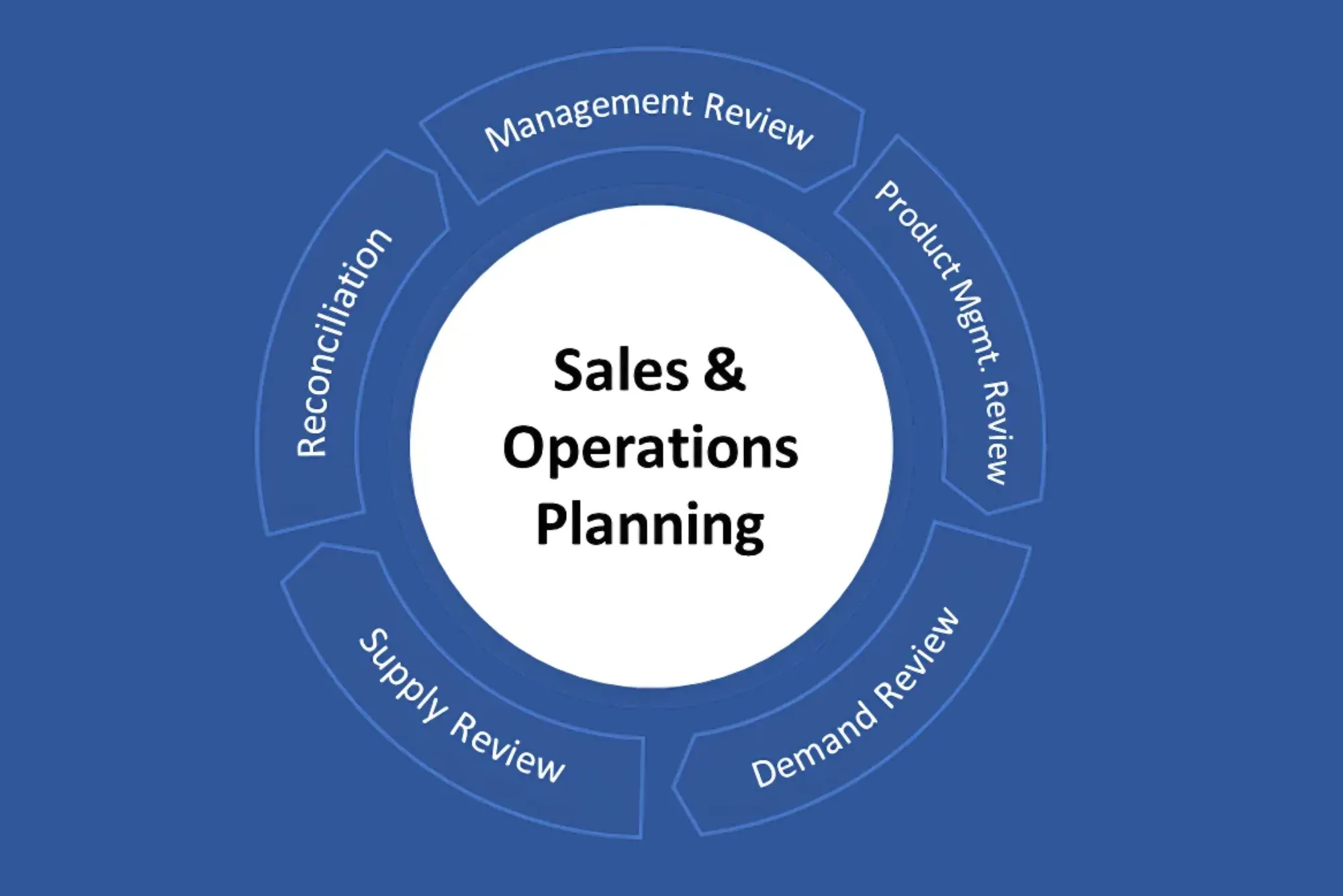When unexpected expenses appear, many people turn to short-term borrowing to cover the gap until their next paycheck. In the UK, payday loans are one of the most recognizable forms of fast-access credit. They’re designed to be simple, quick, and available to people who may not have other borrowing options.
But payday loans also come with a controversial reputation. Regulators have stepped in over the years to cap fees and interest rates, and consumer advocates warn that these loans can lead to a cycle of debt if not managed carefully. So, are payday loans really a safe option for short-term borrowing, or do the risks outweigh the benefits?
Why Payday Loans Exist
Payday loans emerged as a way for borrowers to handle emergencies when traditional credit wasn’t accessible. Banks and mainstream lenders often require good credit scores, lengthy applications, and more time than someone in urgent need of funds can afford. Payday lenders filled that gap by offering quick, straightforward loans that could be deposited within hours.
For many people, the appeal is obvious. Imagine your car breaks down, or an essential bill is due before payday. A payday loan provides the funds almost instantly, solving the immediate crisis. In that sense, they serve a real need in the financial marketplace.
The Convenience Factor vs. the Cost
The main attraction of payday loans is convenience. Most lenders allow you to apply online, with minimal paperwork, and decisions are made quickly. The money can often reach your account the same day.
However, convenience comes at a price. Payday loans carry much higher interest rates compared to traditional loans or credit cards. Even though UK regulations have capped costs, the interest is still significant. For example, borrowing £100 for 30 days could cost up to £24 under current rules. For someone who can repay immediately, this may be manageable. But if repayment is delayed, costs add up quickly, making the loan far less affordable.
This is why financial experts urge caution. While payday loans can be a lifeline in a genuine emergency, they should not be treated as a regular borrowing tool. Alternatives like overdrafts, credit unions, or even family support often provide more sustainable solutions. It’s also why comparison platforms and guides around payday loans uk have become important for helping borrowers understand their options and responsibilities.
Regulation and Consumer Protection
Payday lending in the UK used to be a “wild west” industry, with lenders charging sky-high fees and trapping borrowers in cycles of debt. That changed significantly after the Financial Conduct Authority (FCA) introduced new rules in 2015.
Today, payday lenders must cap the daily interest and fees at 0.8% of the loan amount, limit default charges to £15, and ensure that no borrower ever repays more than double the original loan amount. These protections were designed to eliminate the worst practices and provide borrowers with more security.
While this has made payday loans safer than they once were, safety still depends heavily on how borrowers use them. The protections prevent predatory overcharging, but they don’t remove the risk of financial strain if someone repeatedly relies on payday loans.
The Risk of the Debt Cycle
One of the biggest dangers of payday loans is the debt cycle. A borrower who takes out a loan to cover an emergency may find themselves short on cash again the next month, leading them to take out another loan. Over time, this pattern becomes difficult to break.
Even with caps on fees, rolling over payday loans can eat into a borrower’s income, making it harder to stay afloat. This is why debt charities like StepChange and Citizens Advice warn against relying on payday loans unless there is a clear plan for repayment.
Alternatives Worth Considering
Before committing to a payday loan, it’s worth considering other options. Credit unions, for example, often provide small, affordable loans to their members with far lower interest rates. Some employers also offer salary advance schemes, giving staff access to a portion of their earned wages before payday.
Another alternative is using an arranged overdraft, which, while still costly, may be more manageable than a payday loan. For those struggling with repeated shortfalls, speaking with a financial adviser or debt charity can help create a sustainable budget and uncover longer-term solutions.
When Payday Loans Make Sense
Despite their risks, payday loans aren’t inherently bad. They can serve as a temporary bridge during a one-off financial emergency, provided the borrower understands the cost and has the means to repay on time. For someone with no credit history or access to traditional credit, payday loans can also provide a much-needed short-term option.
The key is perspective. Payday loans should be seen as a last resort rather than a go-to solution. If they’re used rarely, responsibly, and only when repayment is certain, they can serve their intended purpose without long-term harm.
Final Thoughts
So, are payday loans in the UK a safe option for short-term borrowing? The answer depends on context. Thanks to regulations, they’re far safer than they used to be, with caps that protect consumers from the most predatory practices. But they still carry high costs and risks if used repeatedly or without a clear repayment plan.
In my view, payday loans can be safe if approached with caution, used only in true emergencies, and repaid promptly. For ongoing financial struggles, though, they’re more likely to create stress than to solve problems. The safest path is to consider alternatives first and reserve payday loans as a tool for exceptional circumstances.











